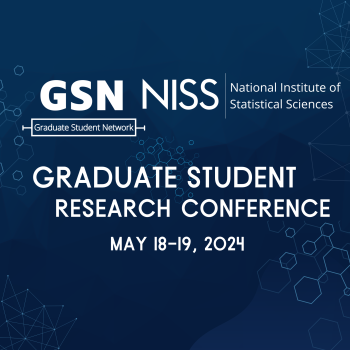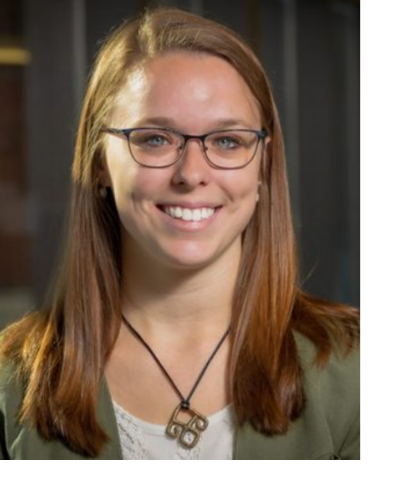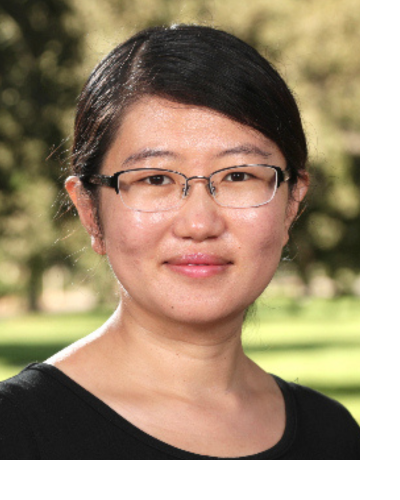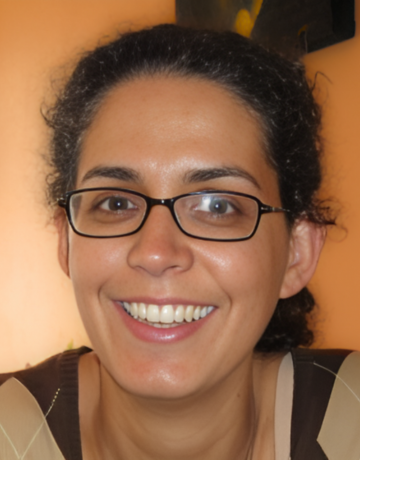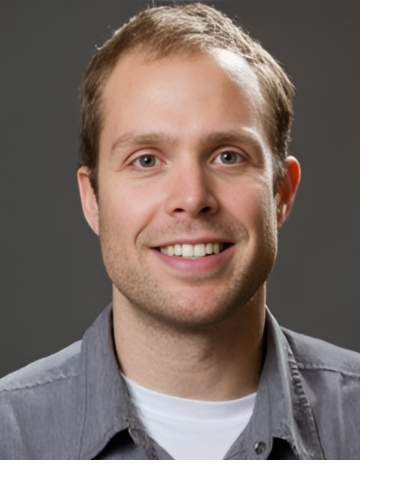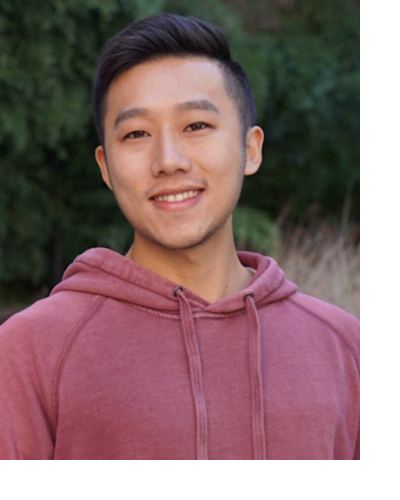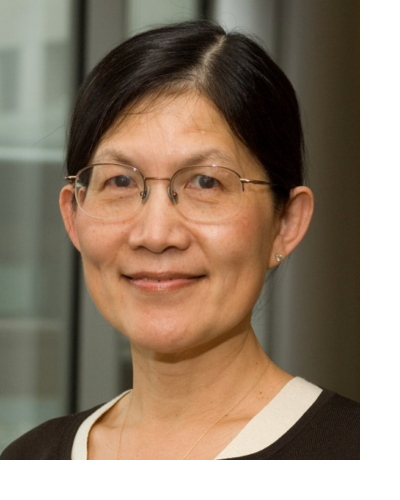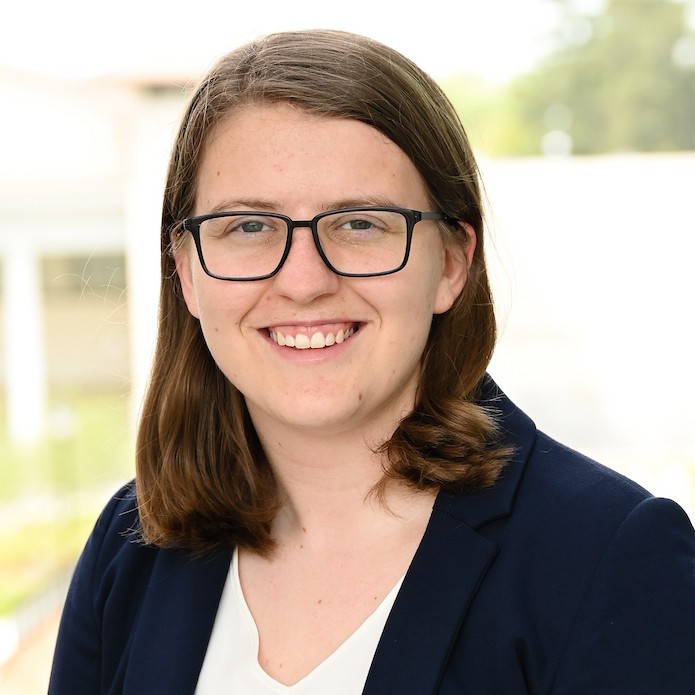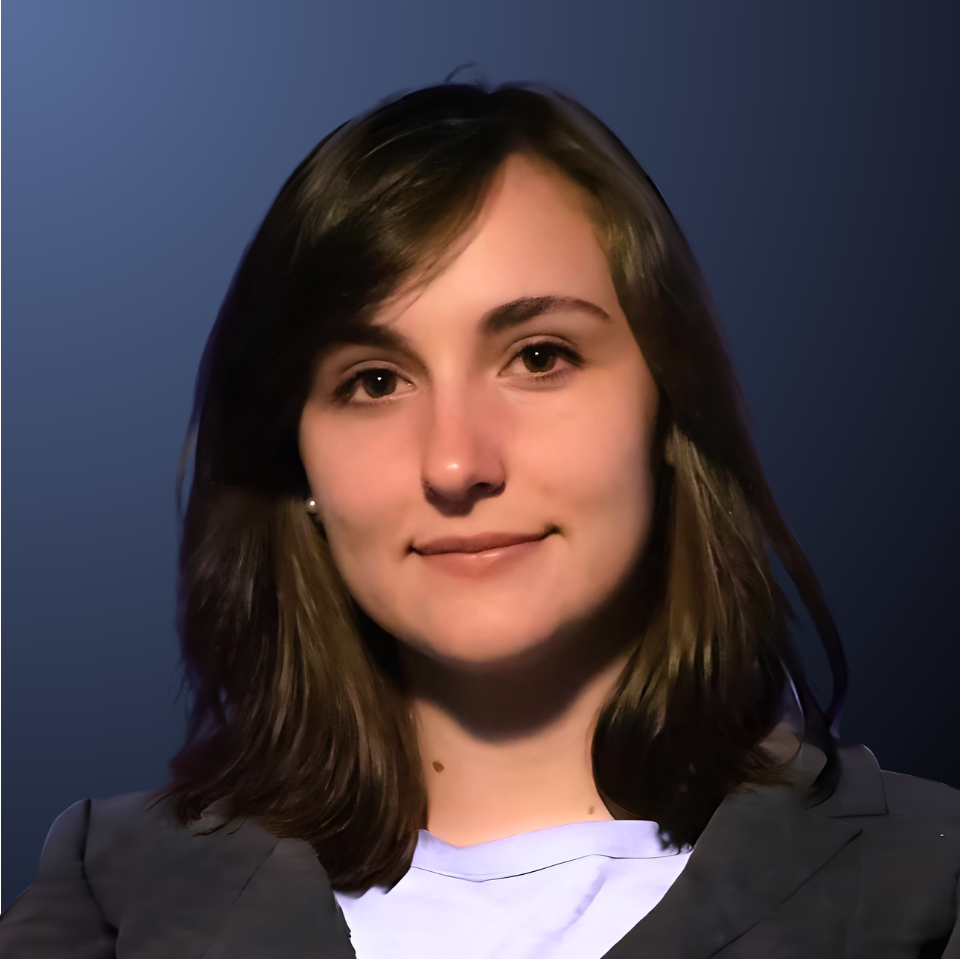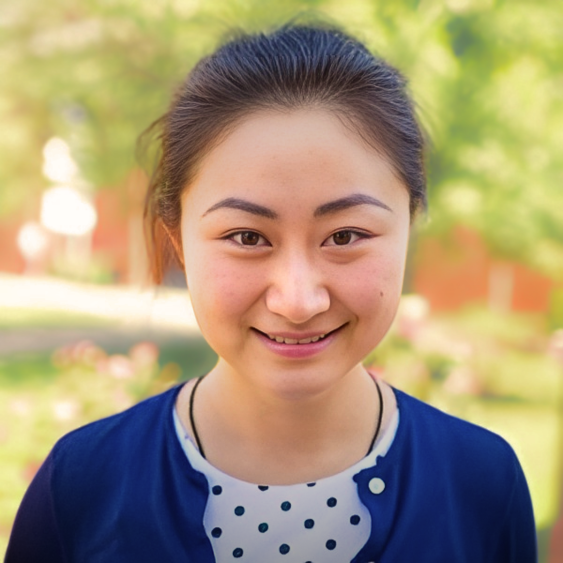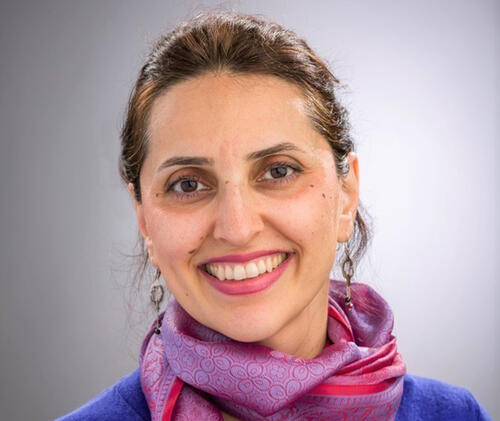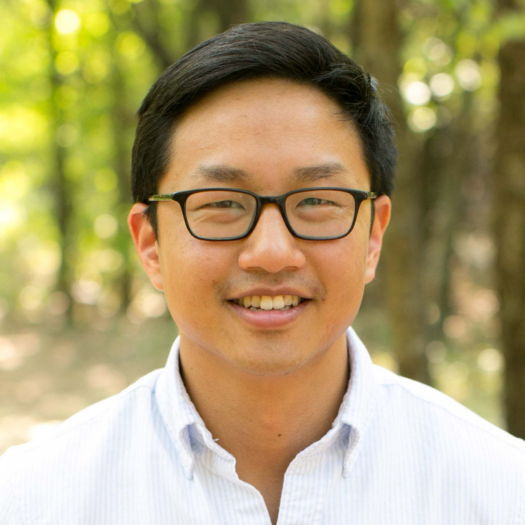Please Note: This event has already taken place. Please vist the news story and recordings here: NISS Graduate Student Network Research Conference 2024: A Resounding Success | National Institute of Statistical Sciences
Quick Links
➤ Agenda
Overview
The NISS Graduate Student Network (GSN) is very excited to once again announce our 4th annual two-day Graduate Student Network Research Conference. Last year's conference in 2023 was a resounding success with many fantastic presentations and selecting winners was quite a challenge! This year's conference will be a two-day event and take place on Saturday, May 18 and Sunday, May 19, 2024, from 12pm - 5 pm ET each day.
The GSN Research Conference will feature graduate student presentations, two career panels and two keynote speakers on each day. During the conference, 2 graduate students will be recognized with an outstanding presentation award based on the content and the quality of their presentation.
Graduate Student Presentations
Students will present either an oral presentation or a poster presentation at this conference within the following categories:
-
- Original Research (their own research work),
- Literature Research (presentation of a published paper that is not authored by the presenter), or
- Literature Review (presentation on recent developments in an area -- this would be a chance to present a couple of papers to highlight recent developments in an area of interest.)
Selected oral presentations will involve a 20 minute live presentation including 5 minutes of Q&A.
Statistical Careers in Academia - Saturday, May 18, 2024
Panelists: Claire Kelling, Carleton College; Linjun Zhang, Rutgers University; Yingzhuo (Joyce) Fu, UC Riverside; Maria Montez-Rath, Phd, Stanford University; Sedigheh (Sadie) Mirzaei, M.S., Ph.D., Biostatistics Department of St. Jude Children's Research Hospital
Moderator: Hannah Waddel, Emory University
Statistical Careers in Industry and Government - Sunday, May 19, 2024
Panelists: Will Nicholson, Senior Quantitative Analyst at Centiva Capital; Kathleen LD Maley, MA, Vice President of Analytics Products at Experian; Christy Chuang-Stein, Former Pfizer; Luca Sartore, Senior Researcher at NASS/NISS; Chaoyu Yu, Data Scientist at YouTube
Moderator: Sean Mulherin, UCLA
Razieh Nabi, Emory University - Saturday, May 18, 2024
Title: " Using Causal and Counterfactual Thinking to Address Various Sources of Bias in Observational and Algorithmic Data"
Chaired by: Samuel Wang, Cornell University
Miguel Hernán, Harvard University - Sunday, May 19, 2024
Title: "Immortal time and other misunderstandings in causal inference from observational data"
Chaired by: Sahar Zangeneh, RTI International
Registration
Registration Fees: $25 for General Admission | $25 for Graduate Student Presenter Registration
Please reach out to mglenn@niss.org for information if you require financial assistance.
Agenda
12:05pm – 12:25pm Chris Camp, Yale University
1:30 pm – 2:30pm Keynote speech 1: Razieh Nabi, Emory University; Chaired by: Samuel Wang, Cornell University
2:30 – 2:35pm Break
Session Chair: Georgia Smits, Cornell University
12:00pm – 12:20pm Jason Cho, Cornell University
- Hannah Mechelse (Brock University), The Psychological Effects of Covid-19 Organizational Preparedness on Canadian Health Care Workers: A Cross-Sectional Analysis
- Sara Tyo (UCI), A Latent Class Model for Planned Missingness Designs with the International Affective Picture System
- Patrick Roney (Georgetown U.), Investigating changes in rural vs urban malnutrition disparity for low- and middle-income countries with WHO HEAT
Keynote Speakers
Razieh Nabi (Emory University) - Saturday, May 18, 2024
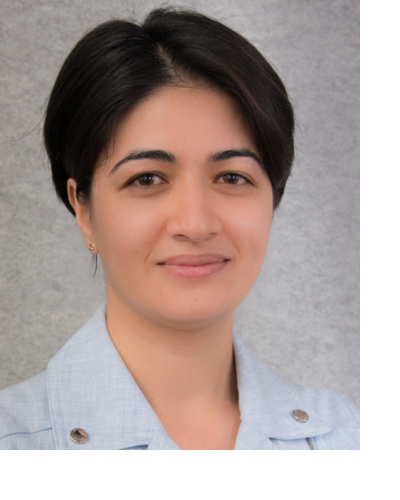
Talk Title: Using Causal and Counterfactual Thinking to Address Various Sources of Bias in Observational and Algorithmic Data
Abstract:This talk delves into the challenges of deriving valid causal conclusions from data, focusing on three main areas: confounding, missing data, and algorithmic unfairness. We begin by addressing the limitations of traditional methods for handling confounding due to unmeasured variables and introduce novel approaches that utilize data-adaptive machine learning algorithms to develop robust and efficient estimators. Next, we treat missing data as a causal inference issue, employing graphical models to draw parallels between methods for handling missing data and causal identification. This approach offers fresh insights into both fields. Lastly, we explore the ethical dimensions of algorithmic decision-making in critical areas like healthcare and criminal justice. We demonstrate how integrating causal inference with constrained optimization can address biases linked to sensitive attributes, ensuring fairness and rectifying historical injustices. Through these discussions, the talk highlights how causal and counterfactual reasoning can enhance the integrity and ethical standards of statistical analysis and decision-making, promoting more responsible data science practices.
Razieh Nabi graduated from the Johns Hopkins University in 2021 with a PhD in Computer Science, subsequently joining Emory University where she is currently a Rollins Assistant Professor in the Department of Biostatistics and Bioinformatics, with a secondary appointment in Computer Science. Dr. Nabi’s research is at the intersection of statistics, machine learning, and public health, where she focuses on developing innovative causal inference methodologies. Her work tackles critical challenges such as unmeasured confounders in observational studies, the curse of dimensionality, and biases in data—especially informative missing and censored data, and those reflecting historical patterns of discrimination and inequality. Her methodologies have profound implications across various fields including social justice, public policy, and healthcare research.
Miguel Hernán (Harvard University) - Sunday, May 19, 2024

Talk Title: Immortal time and other misunderstandings in causal inference from observational data
Abstract: Biases that result in immortal time are responsible for some of the greatest historical blunders of data analyses for epidemiological and clinical research. Yet these biases disappear when observational data can be used to explicitly emulate a target trial. This lecture characterizes the biases with immortal time and discusses a framework to ensure that immortal time never happens again.
Miguel Hernán uses health data and causal inference methods to learn what works. As Director of the CAUSALab at Harvard, he and his collaborators repurpose real world data into scientific evidence for the prevention and treatment of infectious diseases, cancer, cardiovascular disease, and mental illness. This work has shaped health policy and research methodology worldwide. Miguel is co-director of the Laboratory for Early Psychosis (LEAP) Center, principal investigator of the HIV-CAUSAL Collaboration, and co-director of the VA-CAUSAL Methods Core, an initiative of the U.S. Veterans Health Administration to integrate high-quality data and explicitly causal methodologies in a nationwide learning health system. As the Kolokotrones Professor of Biostatistics and Epidemiology, he teaches at the Harvard T.H. Chan School of Public Health, where he has mentored dozens of trainees and students, and at the Harvard-MIT Division of Health Sciences and Technology. His free online course “Causal Diagrams” and book “Causal Inference: What If”, co-authored with James Robins, are widely used for the training of researchers. Miguel has received many awards for his work, including the Rousseeuw Prize for Statistics, the Rothman Epidemiology Prize, and a MERIT award from the U.S. National Institutes of Health. He is Fellow of the American Association for the Advancement of Science and the American Statistical Association, Associate Editor of Annals of Internal Medicine, Editor Emeritus of Epidemiology, and past Associate Editor of Biometrics, American Journal of Epidemiology, and Journal of the American Statistical Association. He often serves on committees of the U.S. National Academies.”
Career Panels
Statistical Careers in Academia - Saturday, May 18, 2024
Panelists: Claire Kelling, Carleton College; Linjun Zhang, Rutgers University; Joyce Fu, UC Riverside; Maria Montez-Rath, Phd, Stanford University; Sedigheh Mirzaei, M.S., Ph.D., Assistant Member at the Biostatistics Department of St. Jude Children's Research Hospital.
Overview: Embark on a journey into the world of Statistical Careers in Academia on Saturday, May 18, 2024. This event is tailor-made for those who aspire to make a profound impact through research, teaching, and scholarly pursuits in the field of statistics. Whether you're an undergraduate student contemplating graduate studies, a graduate student exploring academic career paths, or a seasoned professional considering a transition into academia, this event offers invaluable insights and guidance. Join us as renowned scholars and educators share their passion for statistics and illuminate the myriad opportunities within academia. Discover how statisticians contribute to cutting-edge research and mentor the next generation of scholars. Engage in stimulating discussions on topics ranging from innovative research methodologies to effective teaching strategies. Learn about the rewards and challenges of pursuing a career in academia, and gain practical advice on academic job searches, tenure-track positions, and professional development.
About the Panelists
Statistical Careers in Industry and Government - Sunday, May 19, 2024
Panelists: Will Nicholson, Senior Quantitative Analyst at Centiva Capital; Kathleen LD Maley, MA, Vice President of Analytics Products at Experian; Christy Chuang-Stein, Former Pfizer; Luca Sartore, Senior Research Associate at NASS/NISS; Chaoyu Yu, Data Scientist at YouTube
Overview: Join us for an enlightening exploration into Statistical Careers in Industry and Government on Sunday, May 19, 2024. This event is designed to shed light on the diverse array of opportunities available for statisticians in both the private sector and government agencies. The NISS Graduate Student Network has put together this career panel for graduate students who may be contemplating your career path who may be curious about the role statistics play in various sectors. Throughout this session, esteemed speakers from leading industries and government bodies will share their insights, experiences, and expertise. Learn about the pivotal role statisticians play in shaping policies, driving business decisions, and solving real-world problems. Gain valuable advice on career development, skill enhancement, and navigating the job market in the statistical field. Engage in thought-provoking discussions, network with fellow attendees, and discover the endless possibilities that await in statistical careers. Whether your passion lies in data analysis, predictive modeling, or policy formulation, this event promises to inspire and inform.
About the Panelists
Organizing Committee
NISS Graduate Student Network Committee Members
Executive Committee: Grad Student Leadership
GSN Steering Committee: Faculty Members
About the NISS Graduate Student Network
The National Institute of Statistical Sciences (NISS) is a national organization that works on issues related to information and quantitative analysis. The goal of the NISS Graduate Student Network (GSN) is to create connections among graduate students from different academic institutions within the NISS Affiliates Program. Under this network, activities are organized to help students tackle challenges of graduate programs and help with their future careers. Students can share their experiences regarding their programs or an internship they did, and webinars and workshops can be organized around topic(s) of interest to them. In addition, we hope that this network will be beneficial throughout the student's career even after they graduate from their programs!
Event Type
- Affiliate Award Fund Eligible
- NISS Hosted
Host
Website
Location
Policy
